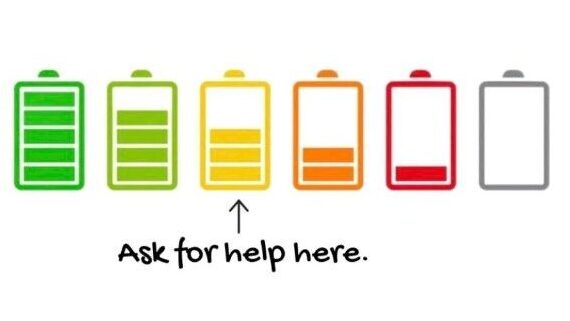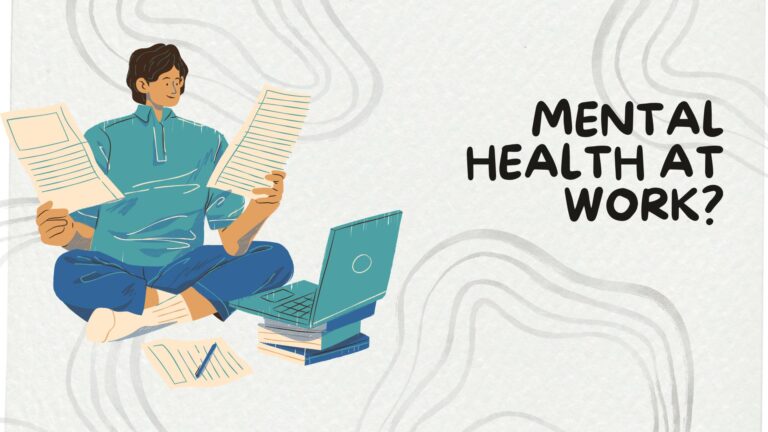
Introduction: Burnout Isn’t Just “Being Tired”
You wake up exhausted, your patience is thin, and even small tasks feel overwhelming.
At first, you might think you’re just stressed — but if this feeling has become your new normal, you could be experiencing burnout.
In today’s fast-paced world, burnout has quietly become a modern epidemic. It’s not limited to high-pressure jobs — anyone juggling emotional, mental, or physical demands can experience it.
At Woselle Therapy, we help clients recognize and address burnout before it turns into full emotional exhaustion. Awareness is the first step toward recovery.
1. What Exactly Is Burnout?
Burnout is a state of emotional, mental, and physical depletion that happens when chronic stress isn’t managed effectively. It can affect your motivation, relationships, and even your physical health.
It’s not a sign of weakness — it’s a sign that your system has been running on empty for too long.
2. The Early Signs You Should Watch For
a. Constant Fatigue That Rest Doesn’t Fix
You might get a full night’s sleep but still feel drained. This exhaustion is emotional, not just physical — your nervous system hasn’t had time to recover.
b. Detachment or Cynicism About Work
Tasks you once enjoyed now feel meaningless. You may feel emotionally disconnected from colleagues, clients, or your goals.
c. Reduced Focus and Productivity
Burnout makes it difficult to concentrate. You might reread the same sentence repeatedly or forget simple details.
d. Physical Symptoms
Burnout often shows up in the body first — headaches, muscle tension, upset stomach, or frequent colds.
e. Irritability and Emotional Exhaustion
You find yourself snapping at loved ones or feeling overwhelmed by small inconveniences.
f. Loss of Motivation
Even things that used to bring joy feel like chores. This lack of drive can lead to guilt, deepening the burnout cycle.
3. Why Burnout Happens
Burnout rarely stems from a single cause. Common triggers include:
- Unrealistic workloads or expectations.
- Lack of control or recognition.
- Poor work-life balance.
- Perfectionism and self-criticism.
- Chronic emotional caregiving (especially common among therapists, nurses, and parents).
Understanding your personal triggers can help you begin setting healthier boundaries.
4. Small Steps Toward Healing
You don’t have to overhaul your life overnight. Start small:
- Set realistic limits: It’s okay to say no.
- Prioritize rest: True recovery takes time, not just sleep.
- Reconnect with meaning: Reflect on what truly matters to you beyond productivity.
- Seek support: Talking to a therapist helps you identify deeper causes and build sustainable habits.
At Woselle Therapy, we help individuals explore burnout’s roots and create a practical plan to regain balance and clarity.
Conclusion: Burnout Is a Signal, Not a Failure
Recognizing burnout early gives you the power to act before it worsens.
Your exhaustion is your body’s way of saying, “Something needs care.”
If you’re ready to rediscover calm and control, Woselle Therapy offers a safe, judgment-free space to help you heal — one mindful step at a time.



